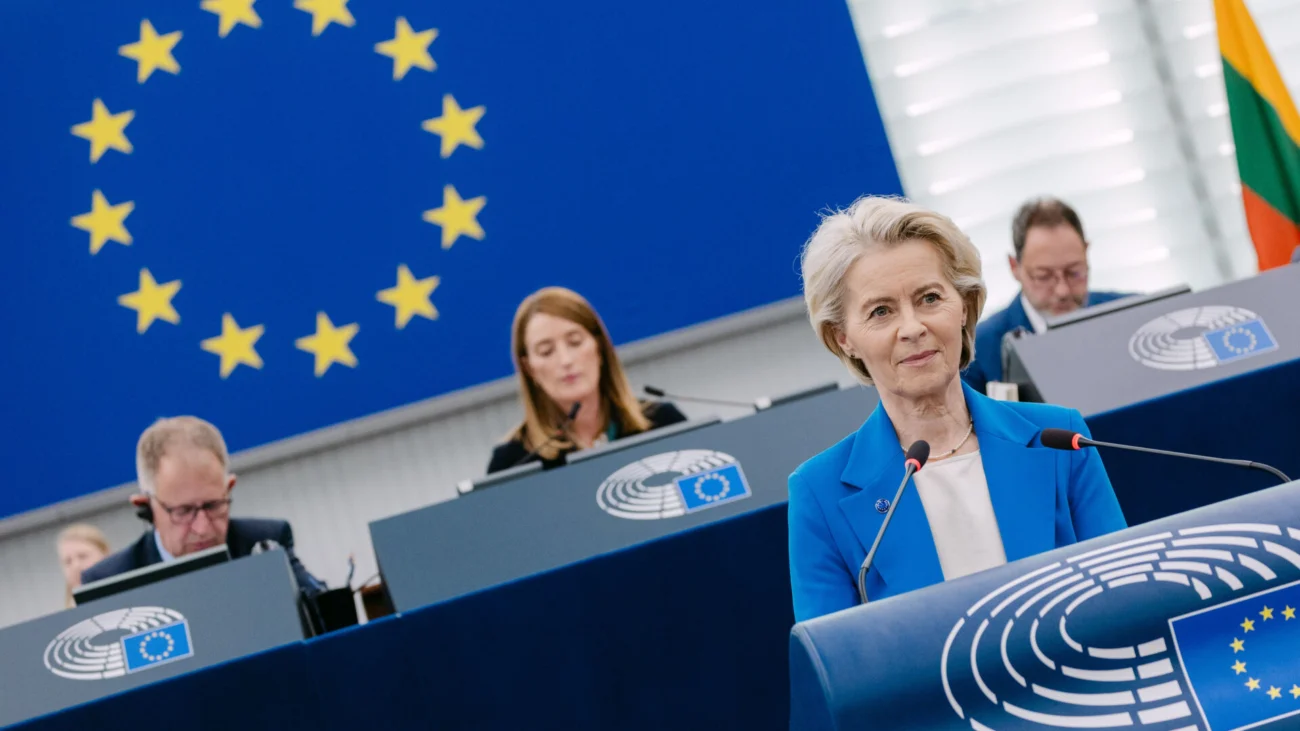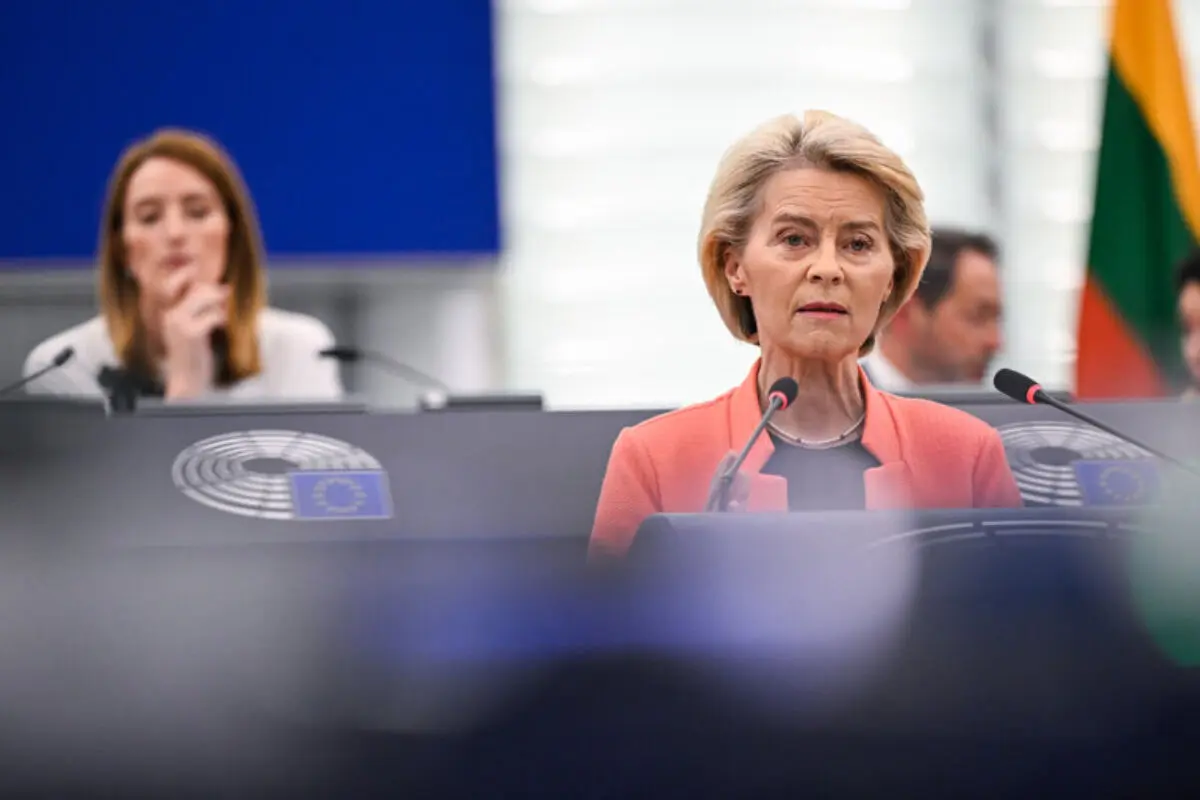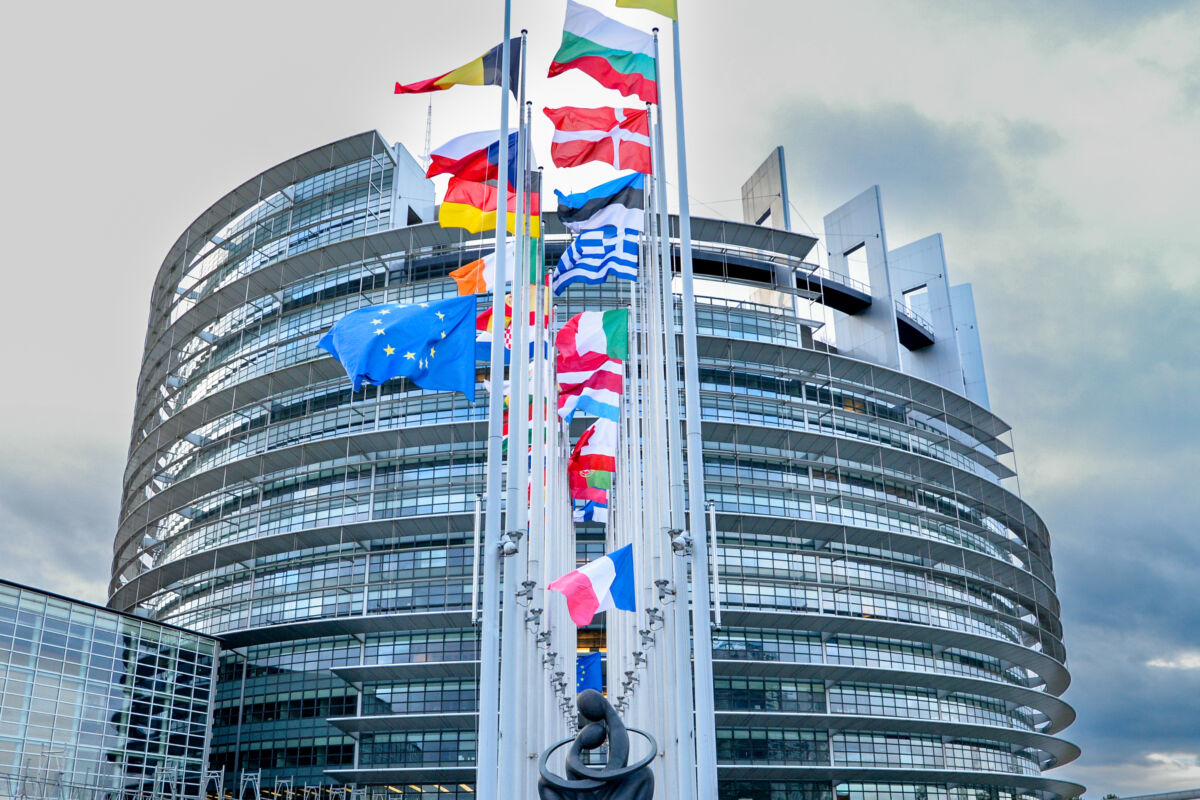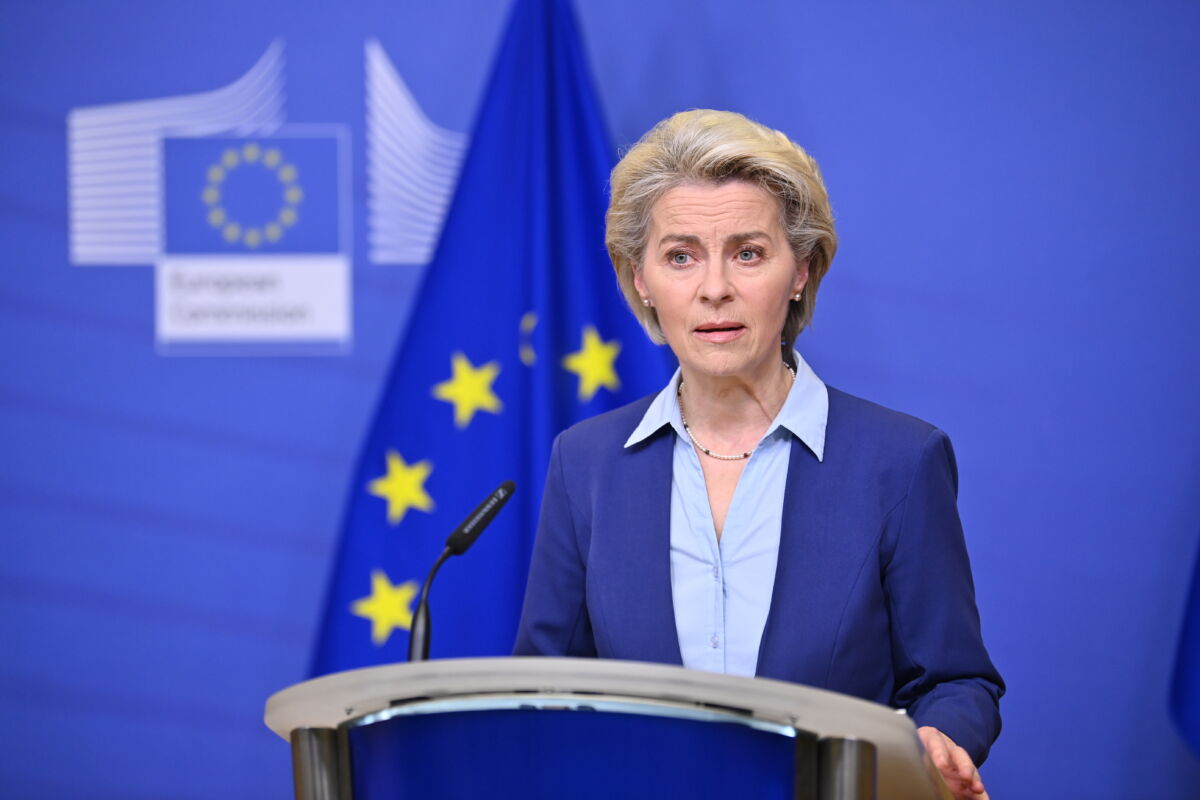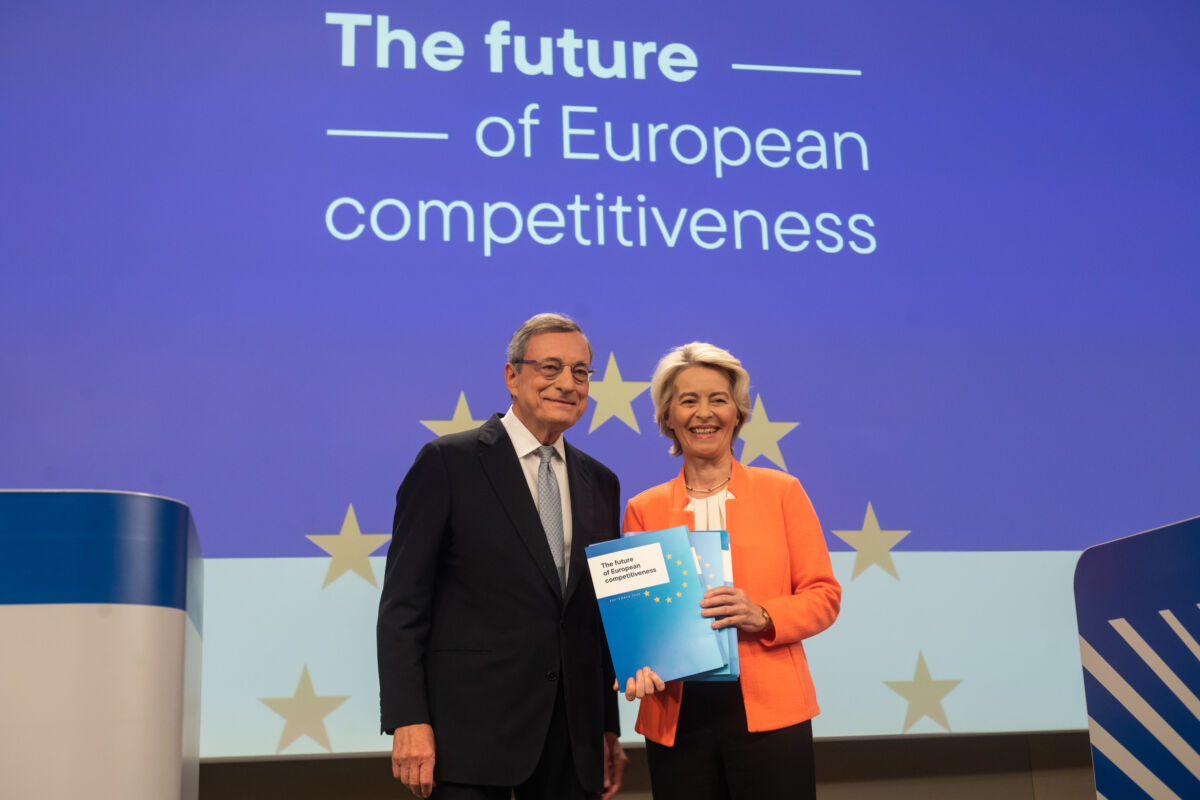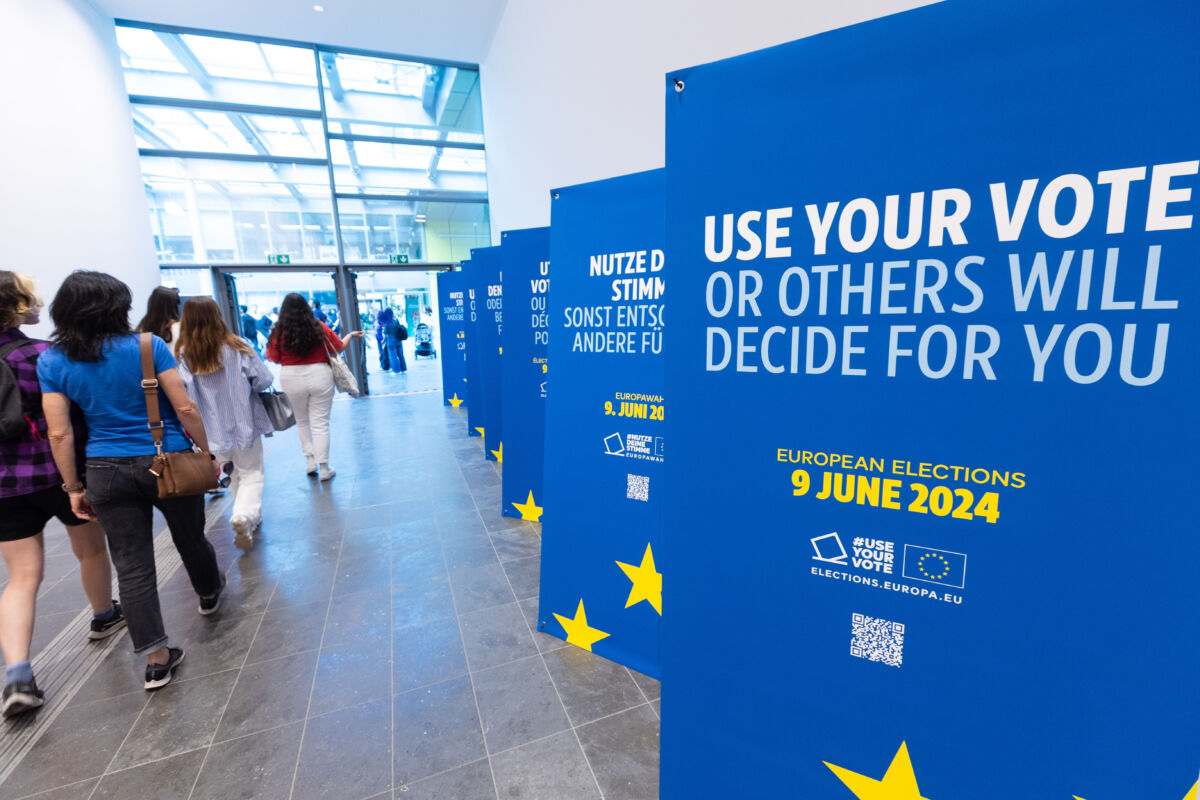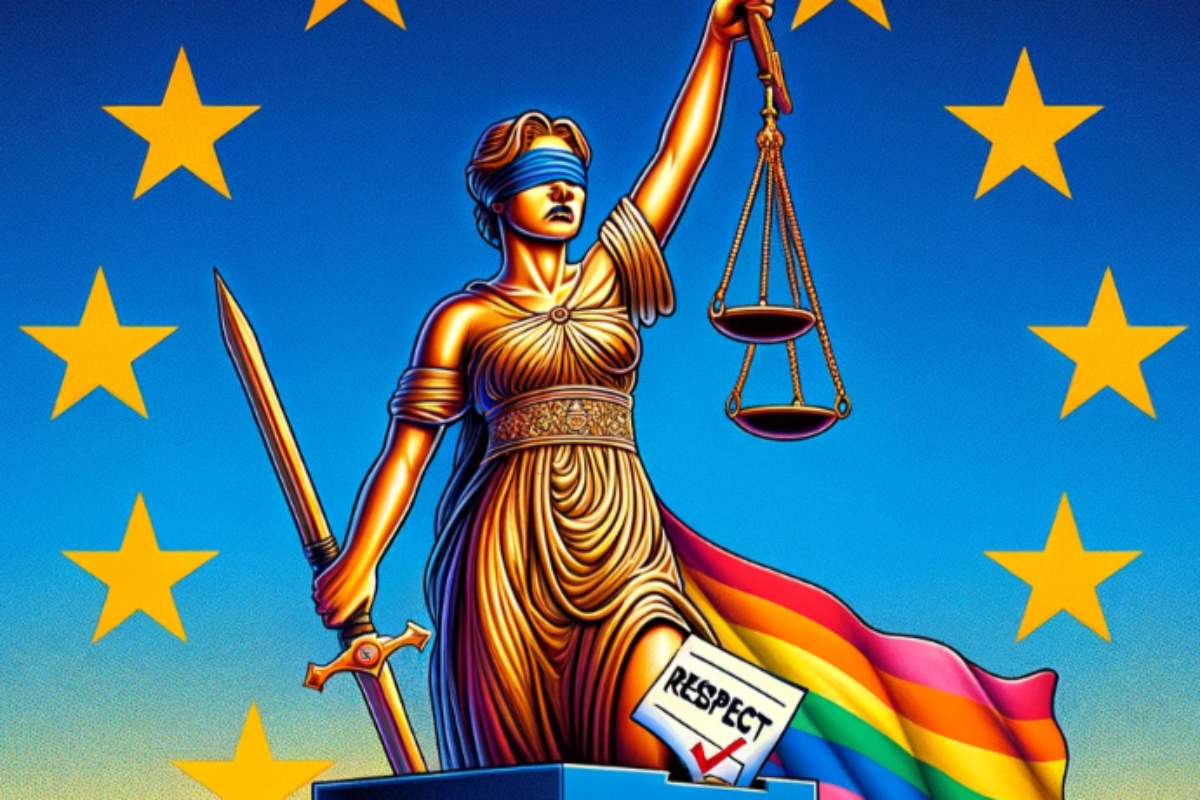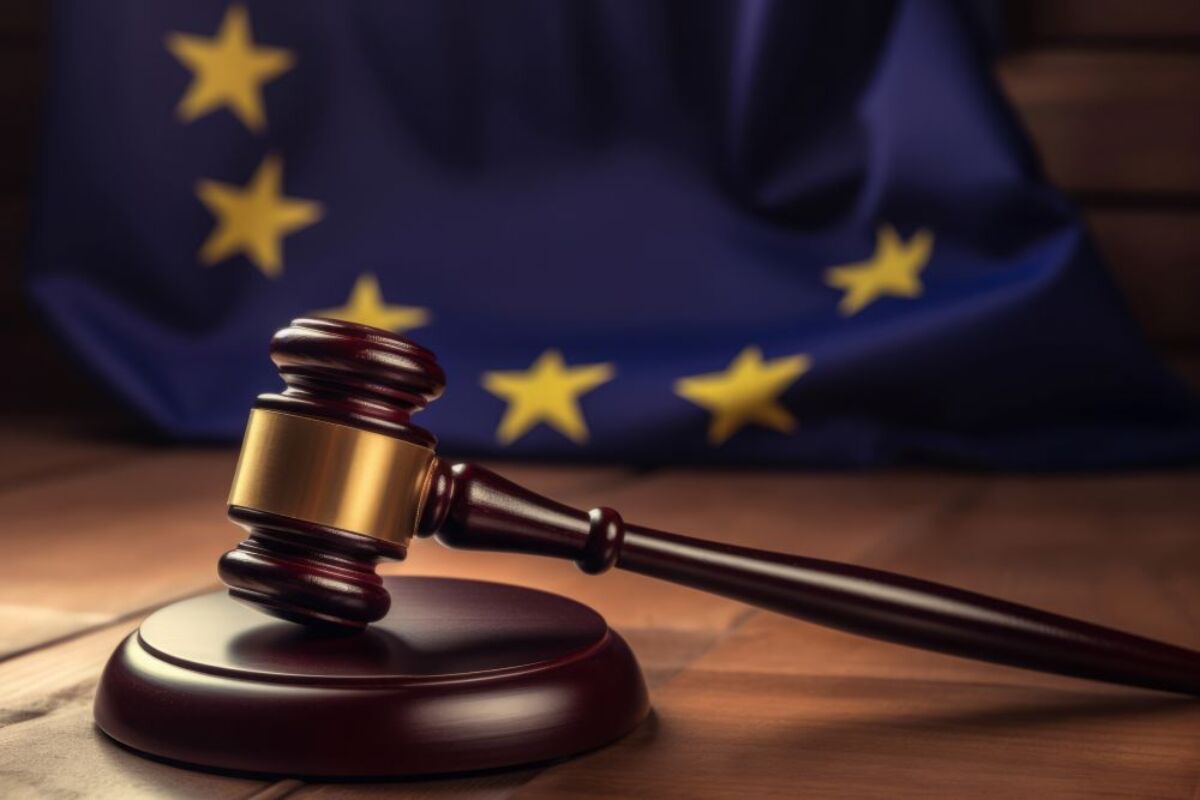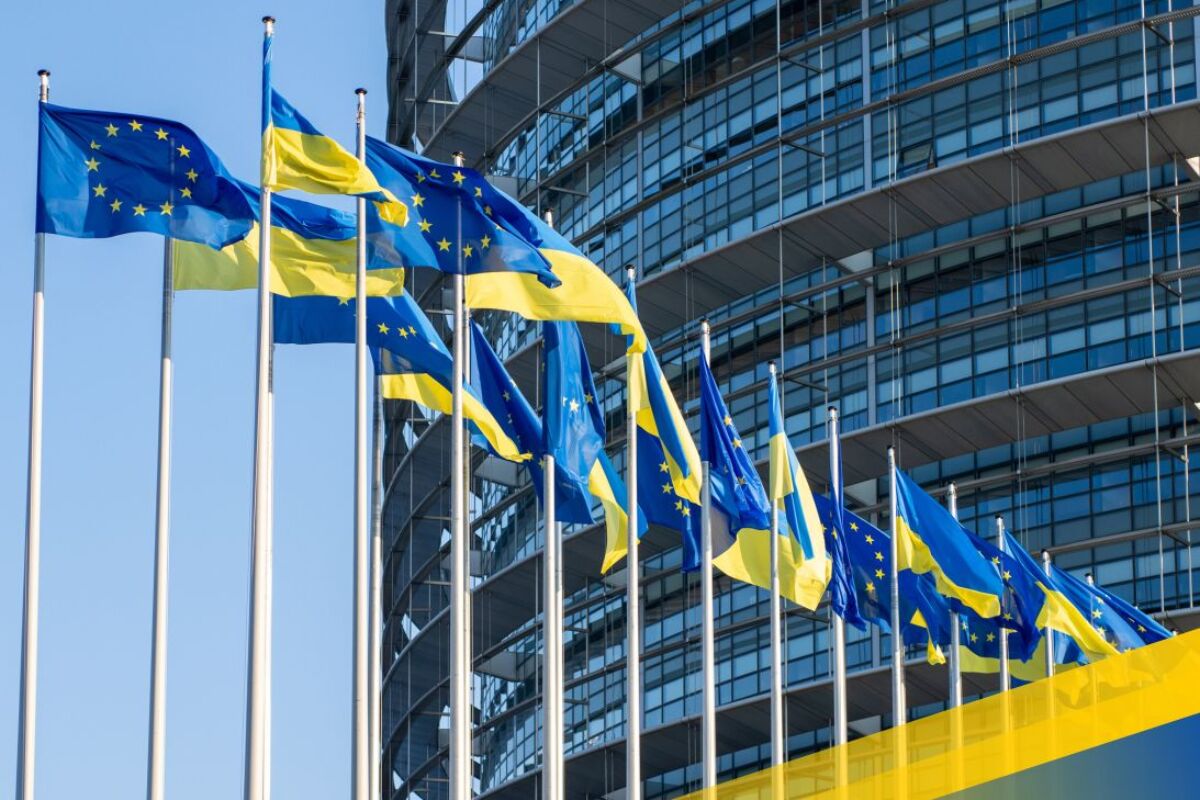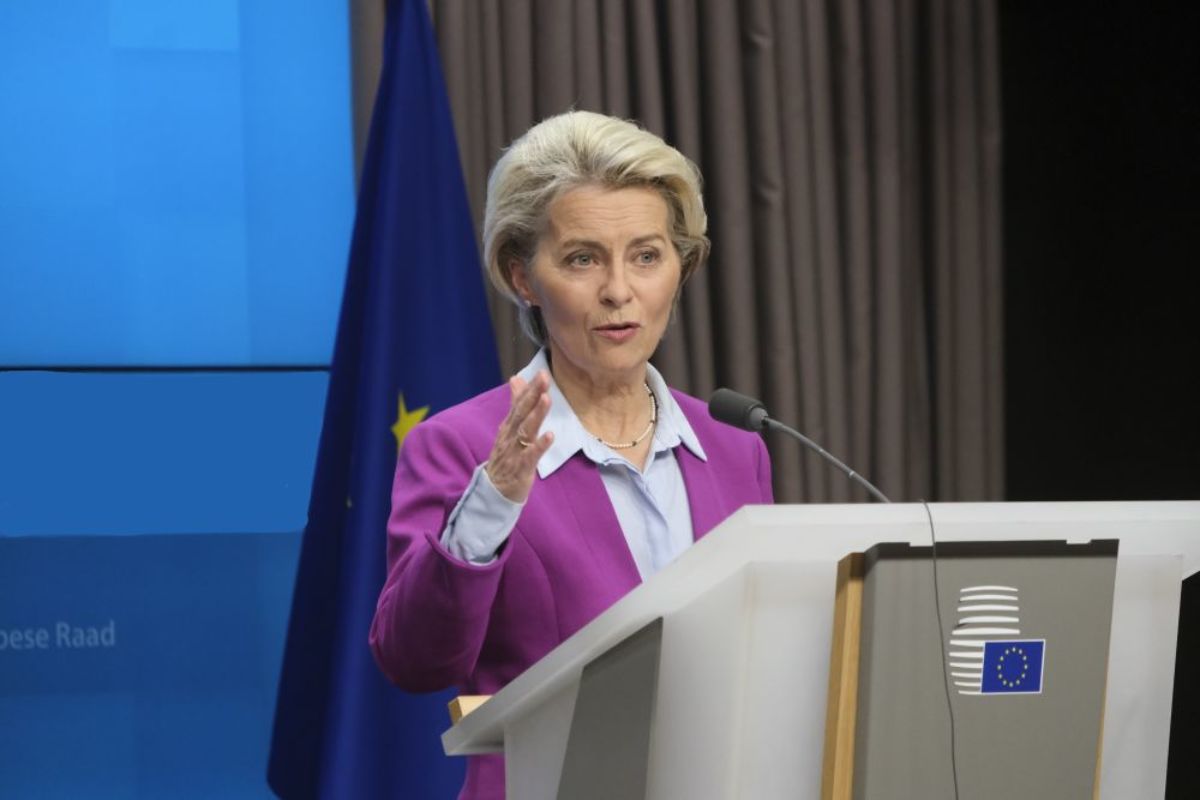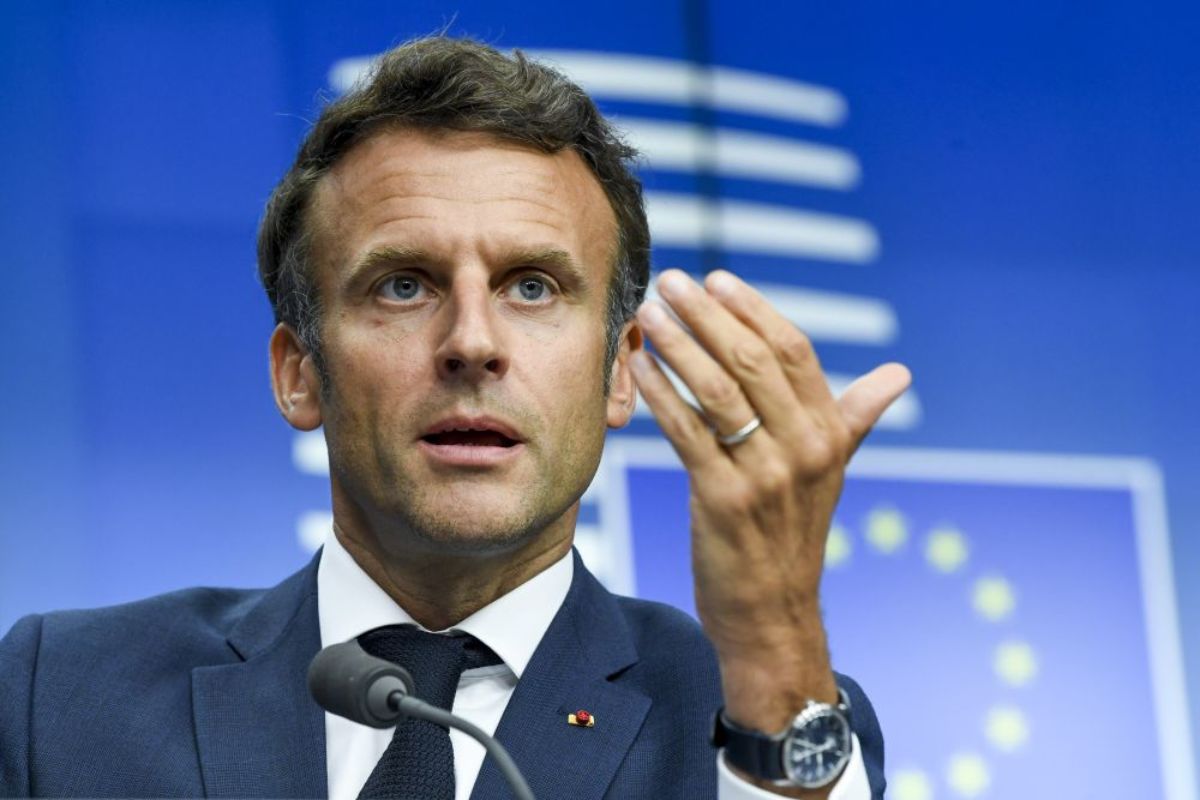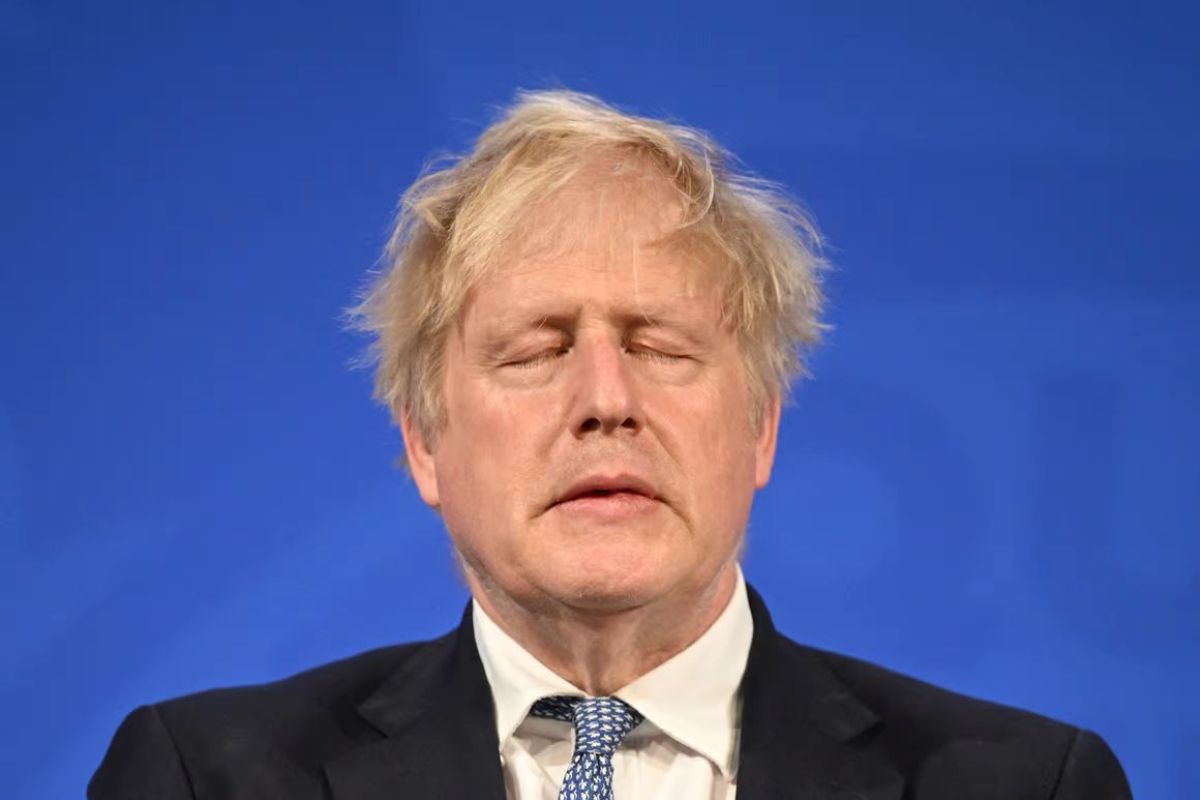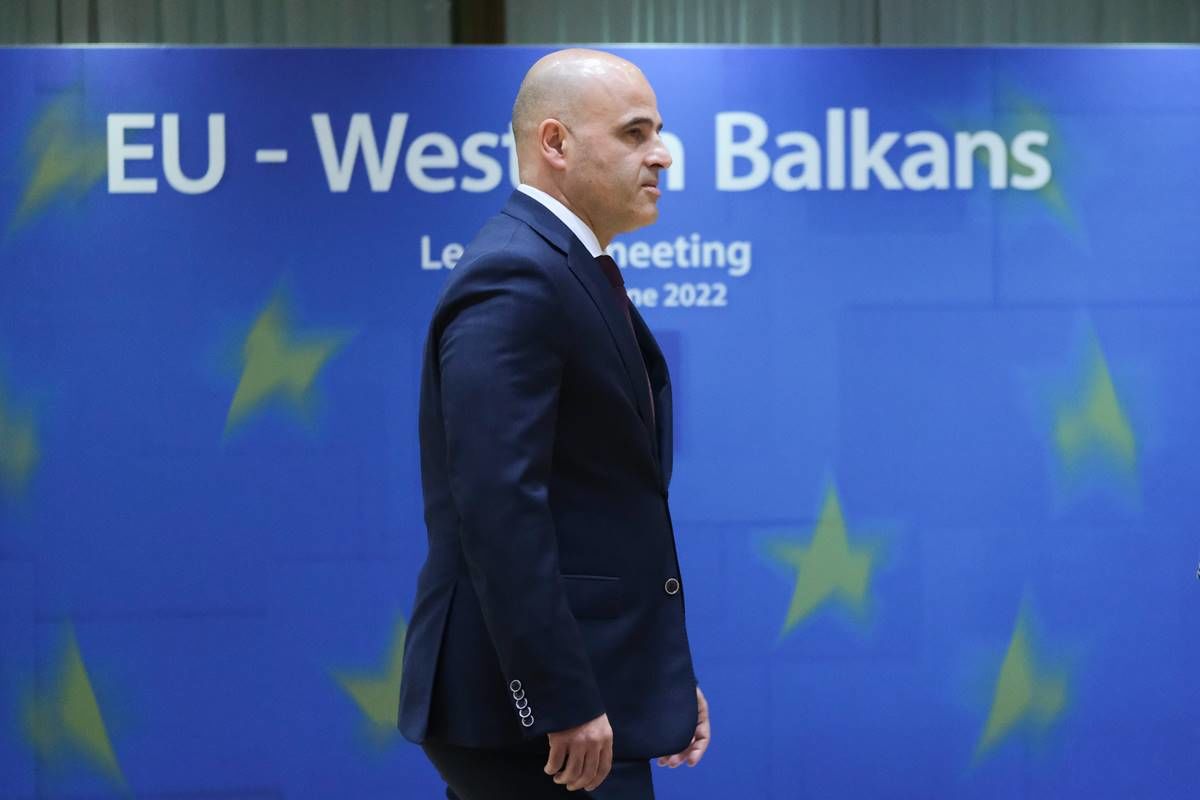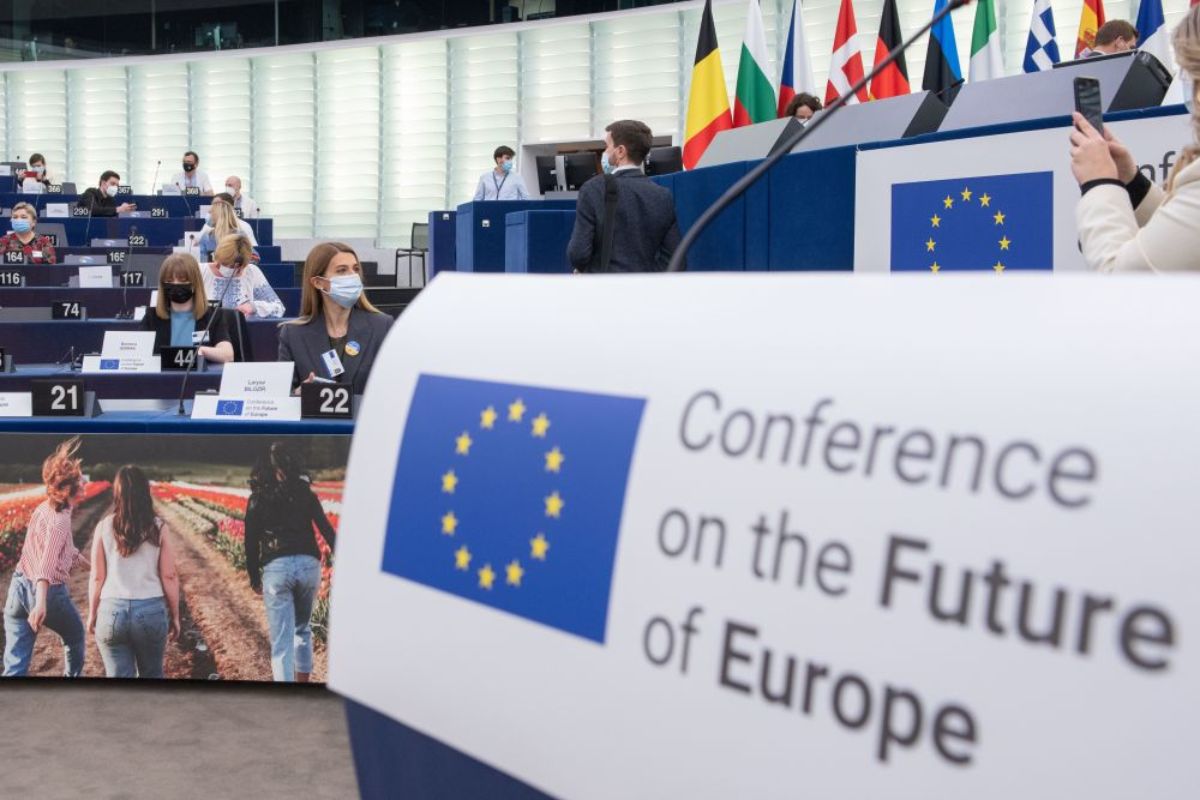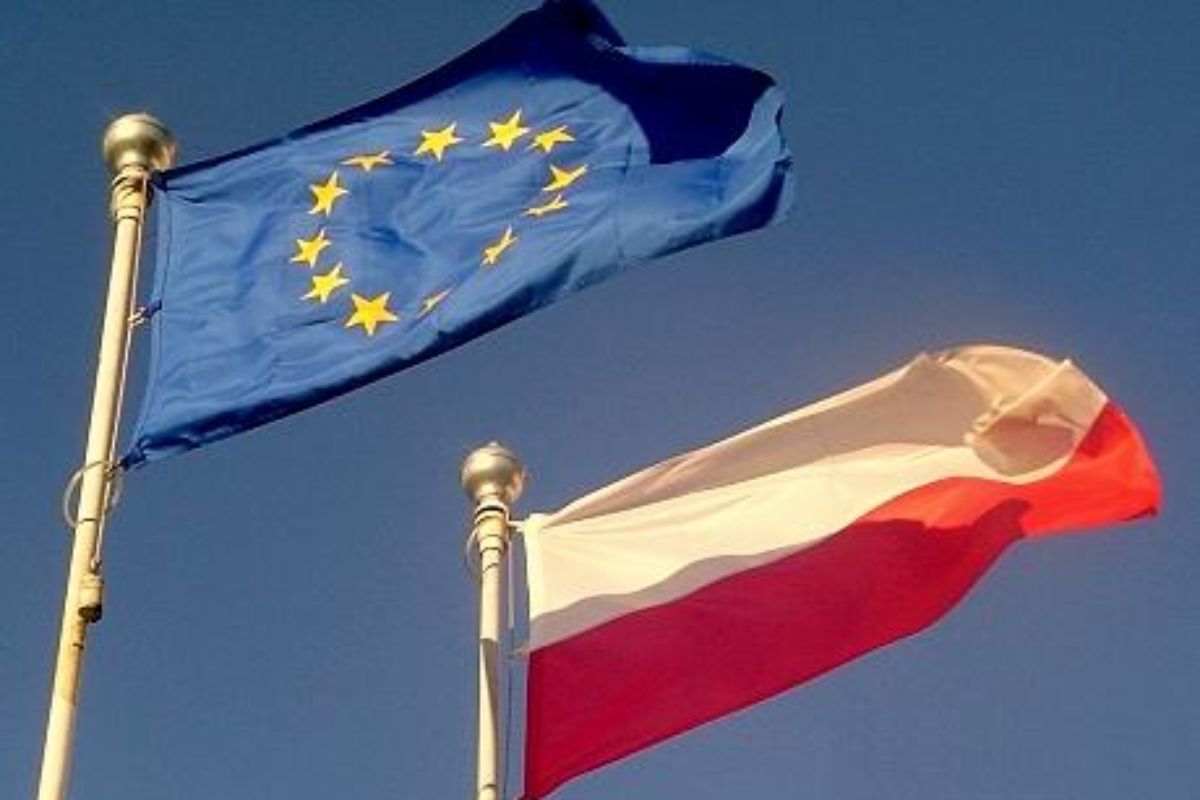On 10 July, the European Parliament (EP) rejected a censure motion against the European Commission. Only three months later, on Thursday 9 October, another two motions are set to be voted on – one from the far-right PfE group and one from The Left group. Both target the Commission’s recent trade actions, while The Left is also criticising the Commission’s lack of action over Gaza.
While Ursula von der Leyen will easily survive the EP’s upcoming censure motion, the increasing pressure from the fringes might still diminish her credibility in the long run.
What’s similar to last time?
The underlying issues haven’t changed. Overall, this remains a proxy battle, where the goal is to throw a spanner in the works. What the PfE wants is not what’s in the text. Just as it wasn’t really about vaccine procurement last time, it’s not about the US trade deal this time either. Their aim is once again to undermine trust in the Commission and – more broadly – the EU. They want to destabilise the system and expose its deficiencies, strategies straight out of the populist playbook.
Like last time, the centre-left wants to pull the EPP away from the far right. However, while von der Leyen’s recent speeches seemed to appease the centre-left, EPP President Manfred Weber’s intervention right after the State of the Union criticising the S&D did raise some eyebrows. Even though he took a different course in his intervention on Monday, it made clear that, even if one were to take her words at face value, she remains dependent on Weber to implement them, and he’s quite determined to push through the conservative agenda with whatever majorities he can cobble together.
What’s different to last time?
What’s changed is that the centre-left isn’t applying the same pressure as last time to extract concessions from the Commission. They want to give von der Leyen some room to deliver on her promises in the upcoming Work Programme negotiations — though scepticism is growing that she’ll be able to do so, for the reasons mentioned above.
What’s also different is that there are two motions this time and one comes from the opposite end of the spectrum. While The Left motion appears more genuinely motivated by substance (on Gaza, trade and the failure to tackle the social and climate crises), it too remains largely an anti-establishment gesture rather than a strategic attempt to achieve a certain outcome.
Also, these motions are being tabled by political groups this time, unlike the previous one, which was submitted by an individual ECR member who had to canvass support across the far-right spectrum and among non-attached MEPs to reach the required 72 signatures. This gives the current motions more weight, as they can draw on their groups’ resources.
What’s also remarkable is the timing – only three months separate the two latest attempts from the first. For comparison, since the first motion in 1972, there have been 15 in total, with three now being within just three months of each other.
So, why now? For the far right, simply because they can – waiting more than two months allows them to avoid the stricter signature requirement (for under two months, they would need a fifth of all MEPs to sign). For The Left, they seem driven by the far right’s activism and French domestic politics.
Will it be successful?
No, it won’t – at least not in toppling the Commission.
The censure motion isn’t designed to send the Commission home for political reasons, as the high vote threshold of two-thirds of all MEPs demonstrates. It would require a double majority (i.e. two-thirds of votes, representing at least half of the total 720 MEPs) votes against her, which is highly unrealistic. Last time, the motion received 175 votes and while it’s likely The Left has persuaded a few individual centrist MEPs, this number won’t be reached.
Nonetheless, there will be after-effects. First, MEPs’ support may be slipping. It’ll be important to observe how the vote goes. When von der Leyen was elected by the EP in July 2024, she received 401 votes; when her College was confirmed in November 2024, the number dropped to 370; and in July 2025, only 360 MEPs voted in her favour. It’ll be that figure, not the number of votes for the motion, that will be the one to watch on Thursday. What will also be interesting is whether MEPs from the PfE will support The Left’s motion – and vice versa.
A classic way to express dissatisfaction, without actively opposing von der Leyen, is to abstain, which we also saw last time. While the number of formal abstentions was as low as 18, many MEPs simply stayed away from the plenary or refrained from pressing any button at all.
The second after-effect could be on public opinion. With each motion, the impression that ‘something must be wrong’ may start to take hold among – at least some – citizens. And there’ll probably be even more motions in the years to come.
A new generation of censure motions
The censure motion has, since the 1990s, been a tool mostly used by the far right, so their current involvement is nothing new. What does seem different with this ‘new generation’ of 2025 motions, however, is their strategy.
Previously, such as in 2005 and 2014 when Nigel Farage and the EFDD group triggered the last two pre-2025 motions, they mainly showed discontent and highlighted their activism to their national constituencies. Today, the far right appears to be aiming for broader impact — not only engaging with their national audiences but also seeking to undermine trust in the Commission and challenge the EU institutions’ legitimacy.
They’ve also quite cleverly adjusted their comms strategy and are now presenting themselves as ‘defenders’ of not only citizens but even the EU’s interests. The PfE now portrays the EU as not doing enough to protect citizens – against Trump, against tariffs and against free trade deals. Their previous rhetoric focused primarily on national sovereignty and opposing the EU itself. So, it’s unprecedented to hear them accuse the Commission of undermining citizens’ trust in the EU itself and endangering its interests.
And this is why this week’s censure motions mark a significant shift – from previously challenging the EU’s existence in an expression of futile protest to now actively contesting who should be running it.

